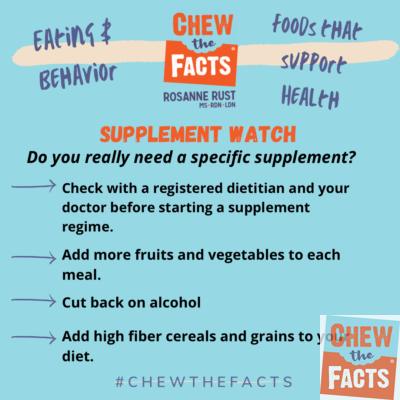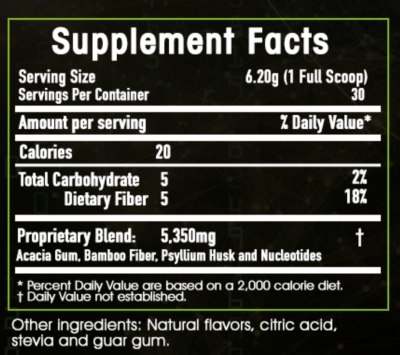Are there quick fixes for better sleep and more energy?
Quick? The short answer? No. However can you improve your sleep and have more energy? Yes!!
Managing your health will lead to improved sleep, more energy, and a better mood. However it takes some thought, self-reflection, and action. The benefit of lifestyle changes over supplements is that they last. In addition, we have evidence to prove things like not smoking, a healthier dietary pattern, physical activity, good sleep habits and stress management, can all add up to a body that’s in sync. When you are in sync you feel better, have more energy, sleep better, think more clearly and simply function better.

Pills and Powders are Never the Answer.
Pills and powders are not the answer to your health problems. However many supplement companies want you to think that they are. They’re heavily marketed as an easy path to euphoria. Promises made on labels may include:
Sleep Better!
Improve your Gut Health!
Have More Energy!
Think More Clearly!
However none of these claims are back by the FDA. Supplements do not fall under the category of food or medicine so they are not well regulated. Furthermore, the ingredients are often not disclosed on the labels.

You really have no idea what is in this supplement powder by reading the label. It’s mostly fiber (guar gum) and flavored (citric acid) sweetener (stevia).
There is no magic bullet. 𝐄𝐯𝐞𝐫.
There is a lot of news out there about Gut Health, and terms such as “leaky gut” are often bandied about. Gut health is “trending”, therefore, supplement companies are on it. They are marketing new supplements to promise all sorts of things that relate to a healthier gut, and a better life.
The truth is, scientists are just beginning to learn more about the gut's function in conjunction with the rest of the body. There is definitely going to be some important connection learned, but we currently just don't have all of… Click To Tweet
I recently read the material on a supplement website selling Butyrate as a gut health supplement. The butyrate supplement website that I read gets “science-y” by explaining that it is a short chain fatty acid produced in the colon from undigested portions of vegetables (aka fiber). This is true. Also true, these short chain fatty acids are produced by friendly gut bacteria and are the main source of energy for the cells lining your colon.
Of course the conclusion the supplement manufacturer makes is: “You need this supplement to correct your gut health problem!”
The manufacturer is not regulated enough, so can make these claims even though the effects and mechanisms of butyrate on metabolic and gut health remain unclear.
Diet and Gut Health
Here’s what we do know. A highly-processed, low-fiber diet doesn’t support gut nor heart health.
For instance, foods rich in sugar likely lower levels of butyrate in the large intestine. If you aren’t eating whole grains, nuts, vegetables and fruit aren’t part of your eating plan, then your gut doesn’t have anything to ferment to create the healthy biome of good bacteria.
Why take an expensive “specialized” supplement (that really has no evidence to prove it works) that claims to only do ONE thing for your body (and indeed could be harmful) when you could start improving your DIET to include more high fiber grains, more vegetables (including a few fermented ones on occasion) and more fruit. These foods are proven to correct the microbes in your gut and offers many other benefits (antioxidants, heart protection, brain protection, cholesterol-lowering, blood-sugar lowering, weight control…to name a few).

Buyer Beware
None of the claims on these supplements are supported by the FDA. Furthermore, if we don’t know enough about the gut microbiome, then why would a single supplement be the answer? Instead of dishing out extra cash to supplement companies, dish some different foods into your plate. You can make a few changes in your diet or lifestyle for virtually no extra money.
Don’t take any supplement without first running it by your registered dietitian and your physician.




